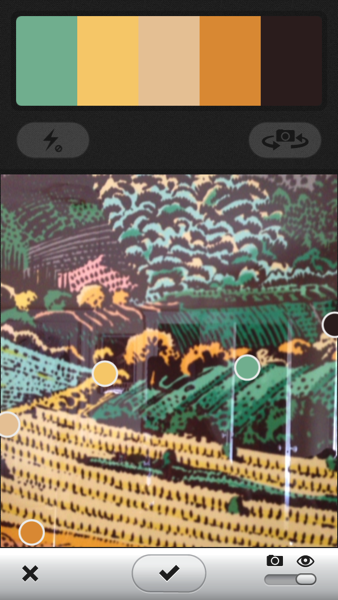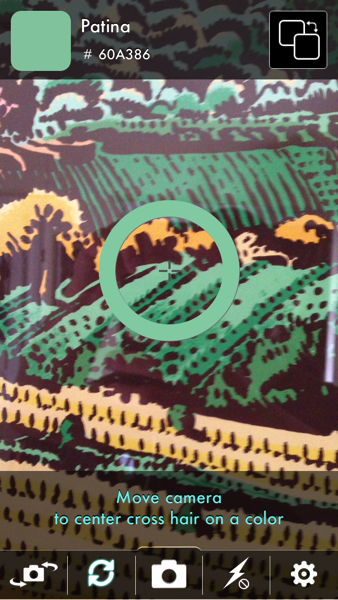Michael Lopp is moving on from Things, a popular to-do management app.
That’s an understatement. The title of the post is “R.I.P. Things,” and he wastes no time explaining that he is “throwing away” the app. This sounds juicy. What could have him so riled up?
How can I trust that I’m using the state of the art in productivity systems when I’m using an application that took over two years to land sync I could easily use? What other innovations are they struggling to land in the application? Why hasn’t the artwork changed in forever? What is that smell? That smell is stagnation.
The nut of Lopp’s rationale for tossing Things to the curb is the relatively slow pace of its development over the years. Delays in delivering long-desired features, namely sync, made him conclude that the software will not evolve in ways that suit his needs moving forward. He’s not giving up on Things because of specific shortcomings, but because of anticipated shortcomings and a loss of confidence in the developers of the app.
This line of reasoning gets my hackles up in part because I’m a cautious, deliberate developer. I tend to add features, rework user interfaces, and adopt new platforms at a pace that frustrates even my most loyal customers. I’m slow, but I’m good! When Lopp attacks Cultured Code, the makers of Things, and questions their core competence, I feel that I am being attacked as well.
But what really frustrates me in this case is the software has served him perfectly, and he thanks it with a slap to the face. It’s one thing to denigrate a product for failing to meet your expectations, or for exhibiting a clear lack of craftsmanship, but Lopp admits that those problems do not apply:
Part of me has been fine with this lack of change because I don’t need my productivity system to do much more than capture a task, allow me to easily categorize and prioritize tasks, make it easy to search and filter them, and do all this work frictionlessly. “Things does these things well,” I thought to myself, “I don’t need anything else.”
He applauds the app for allowing him to do his work “frictionlessly.” How does a software developer achieve this level of performance? By first building a quality product and then working deliberately over months and years to address the minor issues that remain. Woodworking makes a reasonable analogy: after a chair has been carved and assembled the job is functionally complete. It’s a chair, you can sit in it. It’s done. But customers will gripe with good cause about its crudeness unless the hard work of detailing, sanding, and lacquering are carried out. Only then will it be considered finely crafted.
As a seasoned software manager, I know Lopp appreciates how hard it is to achieve the stability Things has provided for him. But as a user, he’s as excited as any of us to see new, fresh designs. As an onlooker, it’s easy to associate dramatic change and motion with competence, and quiet refinement with laziness. We must draw on our own experiences attempting to build great things to appreciate how much work takes place in stillness, to have faith that even though things may appear stagnant, a benefit of frictionlessness is resulting. An app at rest may be in that long, arduous phase of becoming finely crafted.
There is a time for dramatic change as well, but it comes with costs. If after years of careful refinement a product is found to be lacking in some important way, bring out the hatchets. Chop it all to bits and rebuild from scratch. The possibilities of positive change in major reworks are exhilarating as a developer, and tantalizing to customers. But every reworked component of a product also resets that process of refinement.
Software should be criticized. Even apps that consistently wow me with their intuitiveness and polish leave me scratching my head about perplexing, nuanced failures. But criticize an app for its failure to do something important, not for an unspecific failure to change in general.
I’ve whined about stagnation, too. I waited years for an update to Keynote and over time, become more and more grumpy about the lack of change. The fact that it’s just about the best application I’ve ever used slowly lost sway in my judgement of the software and, by association, the team of developers who build it.
The next time I’m tempted to think harshly of a developer working at a slower pace than I’d like, I’ll try to step back and appreciate that I care enough about their software to be concerned. And more importantly to appreciate that they care about their software too. So much that they work slowly, deliberately, painstakingly in the pursuit of a frictionless experience for myself and other users.

